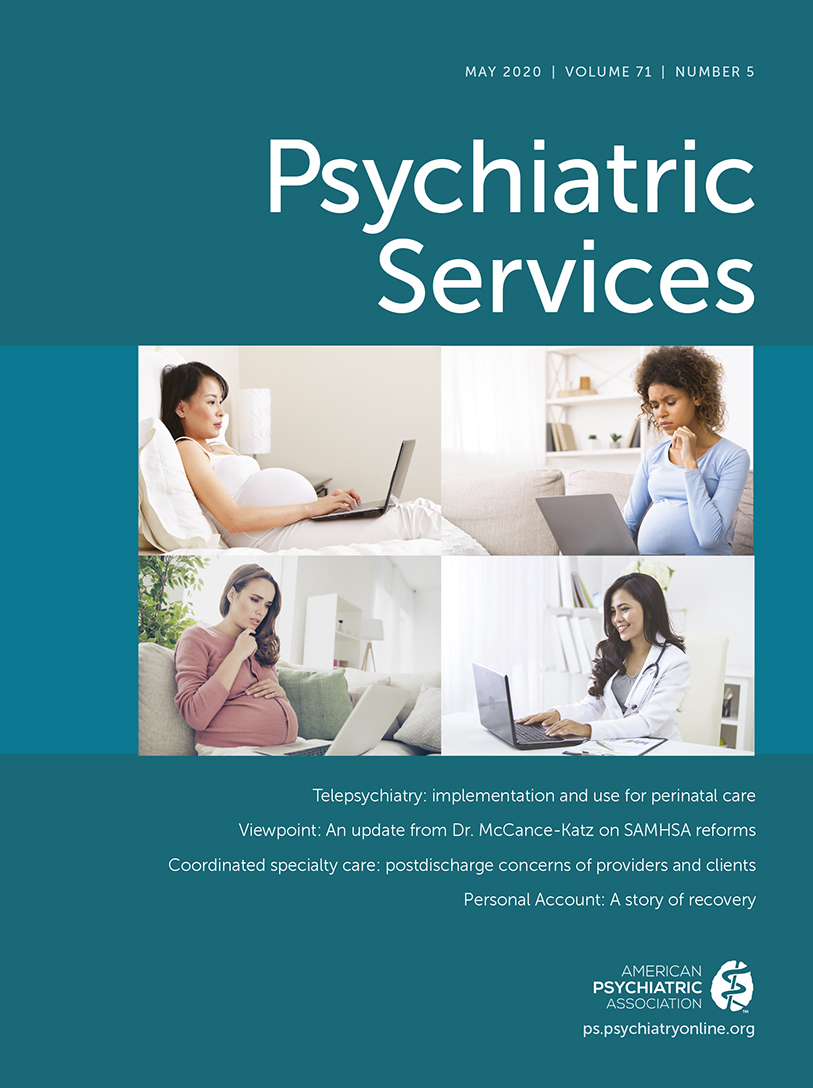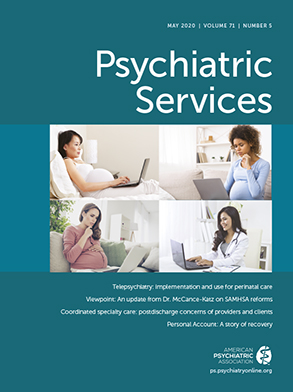TO THE EDITOR: We appreciate the opportunity for dialogue about how to best work with individuals facing the most challenging mental health conditions toward a path of recovery. First, we want to highlight the many points on which we agree with Guinart and Kane (
1). We also value family involvement, shared decision making, and destigmatizing those who do not adhere to prescribed medications. We share their view that listening to all voices is a key component of engagement. We agree that “joining forces, adding and complementing strategies, instead of contraposing them, can lead to better outcomes.”
We take issue though with several elements of the authors’ response. We question their suggestion that the risk of coercion when paying people to take psychiatric drugs can be managed “in a tailored manner, with clear and predefined operating procedures known to the clinical team” (
1). We maintain that individuals likely experience informal coercion when financially incentivized to take medications. Furthermore, we worry that this practice may also undermine patient autonomy. We agree that not all monetary incentives are coercive. Yet, comparing a work-related bonus program to paying individuals who have serious psychiatric conditions small sums of money to take neuroleptics is a false equivalency. Physicians hold epistemic authority in their respective fields. When they incentivize one treatment over another, they exercise power and coercive influence and may close off opportunities for an empowering process of dialogue and shared decision making.
Coercion in psychiatry ranges from explicit force such as mandated, court-ordered treatment to implicit pressure to accept specific treatments. Hotzy and Jaeger (
2) stated that “informal coercion is ubiquitous in the health-care system, especially in mental health and psychosocial services. It comprises a large range of treatment pressures and interventions that can be applied by the professional with the intention to foster treatment adherence or avoid formal coercion.” A systematic review examining the risk factors for involuntary hospitalization found that “poor adherence to treatment and poor compliance with medication before admission were associated with involuntary rather than voluntary admission” (
3). With the possibility of increased force associated with nonadherence, even persuasion or incentives may be coercive. Thus, the question becomes a dilemma; is implicit coercion ethical, justified, or helpful in psychiatry? Would a focus on expanding the research base for other promising and evidence-based practices such as dialogue and shared decision making be preferable?
Beyond ethical concerns, the role of psychiatric medication needs further exploration. The authors characterize a focus on engagement and agency as a “false dichotomy that often exists around the facilitation of adherence. The goal of any such strategies is not to reduce the patient’s autonomy or encourage the use of medication that is not indicated . . . decisions regarding the suitability of a prescription at a given time should not be confounded with facilitation of adherence.” We wonder if the routine use of maintenance medications in psychiatry needs more research. While we agree that nonadherence should be destigmatized, we maintain that a central focus on medication compliance neglects a more holistic and empowering approach to mental health care.
Medications have many effects—many desired and others unwanted and potentially serious. We question Guinart and Kane’s focus on adherence rather than engagement and shared decision making. Notably, Wunderink (
4) stated, “Substantial dose reduction is often feasible, and approximately 35% of patients presenting with a first episode of psychosis will even be able to discontinue completely, without experiencing a relapse,” adding that, “A prominent drawback of antipsychotics is their negative impact on subjective well-being, initiative, and drive related to dopamine D2 blockade. This might compromise functional capacity” (
4). Ironically, Guinart and Kane found that, although “the reported increase in adherence rates is substantial, neither of the two randomized studies found a subsequent improvement in clinical outcomes such as severity of symptoms or hospitalization rate” (
1). Thus, we question their assertion that payment for adherence “is supported by very encouraging data.”
Bjornestad et al. (
5) found that maximizing a patient’s capacity for self-determination positively affects recovery outcomes. Elwyn et al. (
6) suggested that shared decision making helps “
confer agency, where agency refers to the capacity of individuals to act independently and to make their own free choices.” In addition, dialogic approaches help participants take an active role in their recovery (
7). Thus, beyond adherence, choice and self-determination lead to robust engagement, ethical practices, and desired outcomes. We encourage further research on these humanistic and promising approaches.

